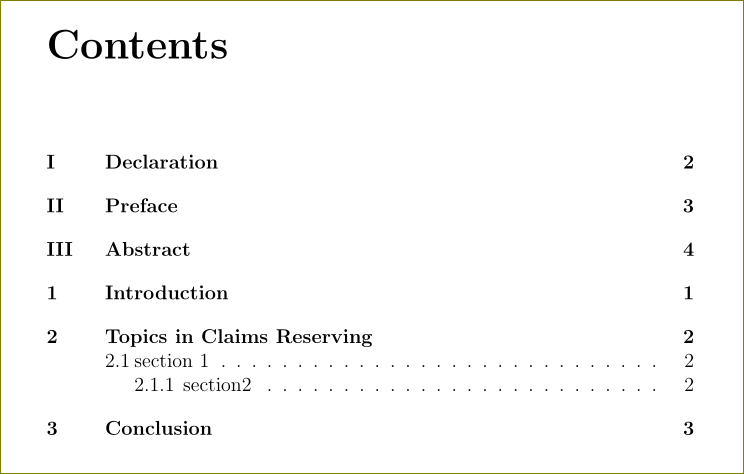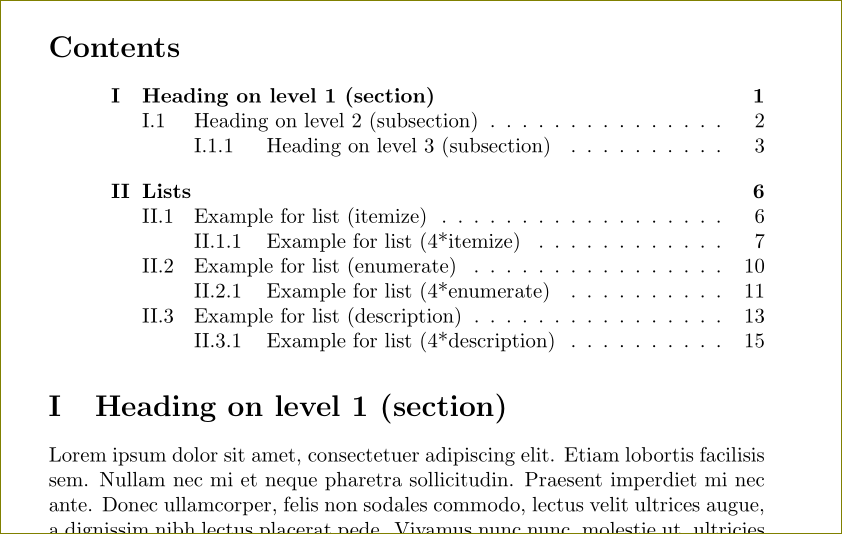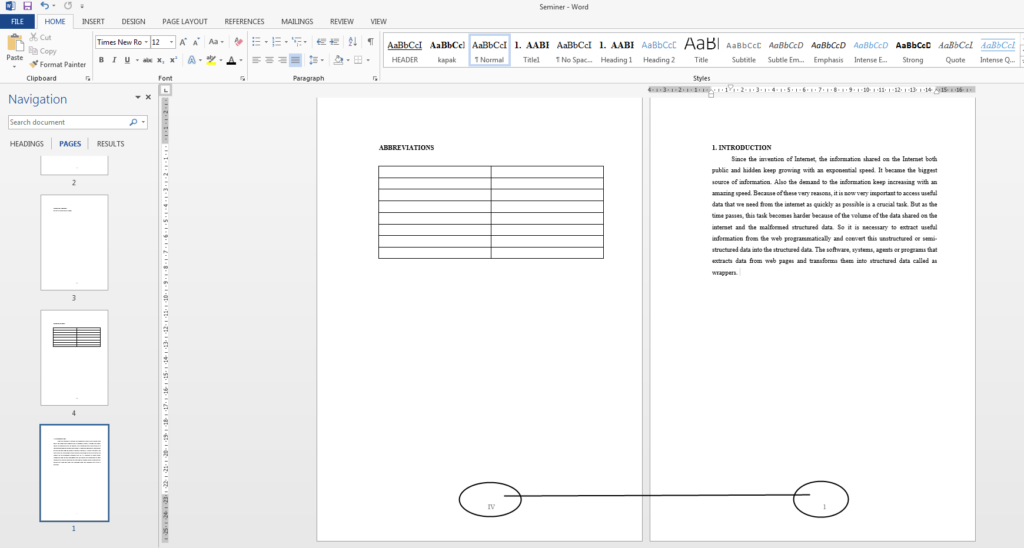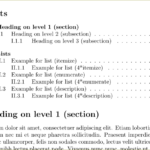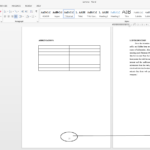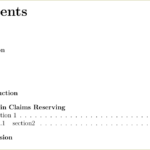Word Continue Numbering In Table Only Roman Numerals – Roman numerals used in Europe are commonly used for writing numbers. They were employed to write numbers throughout Europe up until the end the Middle Ages.
Addition
The Roman numerals represent an array of symbols that are used for mathematics. To produce the intended outcomes they must be utilized in a certain order and are fixed. They are used to calculate an additonal number system that doesn’t use zero and for representing numbers, like chapters of books.
Romans utilized math to manage military records and organize construction projects. Roman-inspired counting boards were popular in Europe from the Middle Ages.
As they grew older the Romans could use more sophisticated systems with advanced division and multiplication processes. They used decimal systems that contained the letters of four and ten numbers. They were the same system that were used in the creation of the abacus, which was a device made of glass counters as well as beads.
The most complex system of computation was the abacus. This method of organizing numbers left to right. It was not capable of performing long division.
Subtraction
Roman numerals are used for a variety of purposes. They employ symbols as the basis numbers of subtractive systems. These numbers are typically utilized to indicate hierarchical connectionsor to represent dates. These numbers are also used to denote different levels of brightness in photography.
The Romans depicted numerals using an Abacus. Their abacus had the appearance of a well-known item. It was used to calculate the cost of military expenditures and also count. For example, three unciae can be a quarter of the Roman army.
The Roman numerals system was designed to make multiplication easier and addition. In order to accomplish this, the letters C and X were utilized. The symbols, however, were pre-determined and couldn’t be altered, as opposed to the modern abacus.
It was also easy to subtract numbers with the Roman numerals. Roman numerals need to follow these rules The letter with a lower value must be followed by a letter at least 10x bigger. The worth of a letter should be less than the original number.
Stairstep pattern, like an fractal
There are a variety of patterns and forms of fractals that can be found in nature. Engineers, architects and designers have utilized fractal geometry in their architecture to create complex digital works.
Recursion is an mathematical concept which creates and keeps the fractals. It is a technique used to solve problems. To construct the Dragon’s Curve for example, you can start with the square-based U letter. Then, you multiply the area by four. Each time, you increase the distance between the square’s two sides.
Recursive building can also be illustrated by the Sierpinski triangular. The Sierpinski triangle is made up of four smaller triangles that have the same shape.
Fractal notions were initially connected to the physical modeling methods. However, modern computational algorithms make it possible to replicate vegetable forms.
The fine-grained sophistication of fractal branching is one of its major advantages. It has a zoom symmetry and a structural appearance.
Different fields of study offer various explanations for branching patterns which are reminiscent of trees. But, it is a fact that sunlight is vital for photosynthesis. There are also mechanical benefits for a tree’s branching system.
Origins
Roman numerals first came to be discovered in Rome which was an ancient city and state. Numerous uses for them exist in the present world. They are utilized, for example, to keep track of the media. They are also included in the names of kings as well as popes.
Roman numerals could have come from tallysticks that shepherds used to track their flocks during the Roman Empire. However their precise origins remain unanswered. The tenth sheep would feature an “X”-shaped notch on the tally stick, depending on the kind.
These images continued to be used for a long time after the fall of the Western Roman Empire. The Arabic system was to soon replace the Roman system. After their introduction to Europe in the 11th century, these numbers gained wide acceptance by the 16th century.
Roman numerals can still be used today even though the Arabic system appears to be more convenient. They are found in many places, including clocks, sports names for events, and names of the pope and the Kings.
